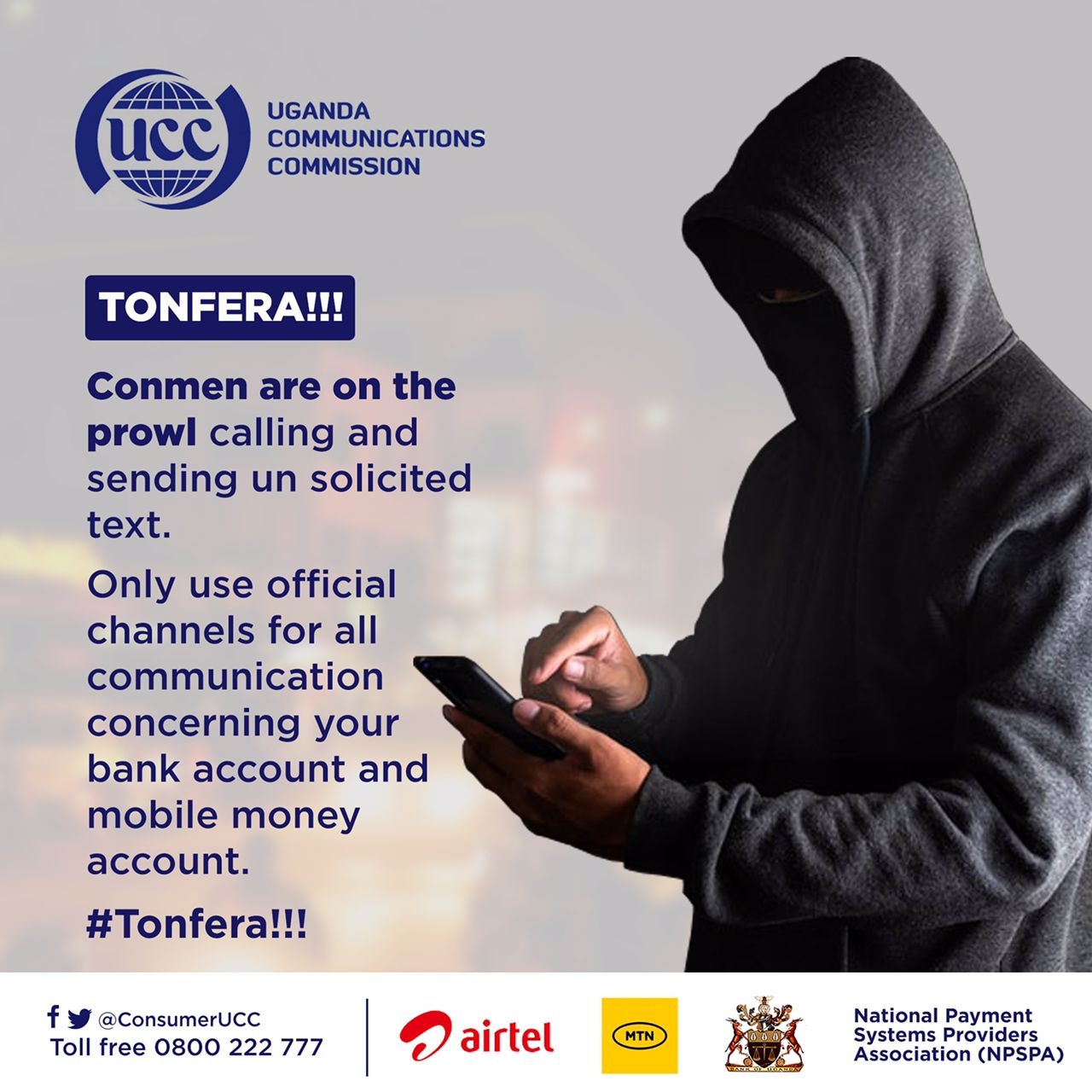With the growing popularity of social media, fraudsters have found new methods to deceive unsuspecting victims on social media especially on Twitter by using fake social media pages and profiles that look like authentic ones.
They do this in order to lure their victims into giving away their personal information such as bank account numbers, credit card details, and passwords.
They frequently pretend to be customer service representatives by asking ignorant customers to send messages to certain fake numbers in order to assist them in resolving a specific bank issue.
Once they chat and get hold of the victim’s sensitive bank information, they can use it to steal money from their bank accounts or make unauthorized purchases using the victim’s credit cards.
How to protect yourself from Social Media Bank fraudsters in Uganda.
Do not share personal information: Be cautious about sharing your personal and bank information online, especially on social media platforms.
Verify identities: Be sure to verify pages or anyone who reaches out to you on social media claiming to represent your bank or financial institution. Always look out for wrong spellings or verification badges on the social media page.
Enable two-factor authentication: Many banks offer two-factor authentication, which requires a unique code in addition to your password to log into your account. This provides an extra layer of security against hackers.
Report any suspicious activity immediately: If you notice any suspicious activity related to your bank account, report it to your bank immediately.



